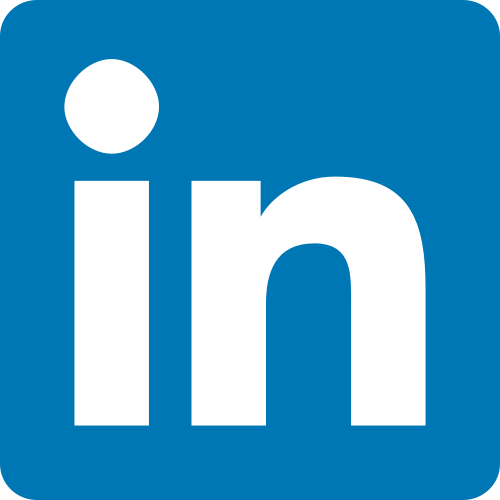New Language Matters Gender Diversity Report
A look at how words impact men and women differently at work
Today, LinkedIn released the new report, Language Matters: How Words Impact Men and Women in the Workplace. The report takes an in-depth look at how the words different genders use to describe themselves, could impact their experiences at work and during the hiring process.
This report intends to highlight data and insights that highlight professional trends and empower job-seekers and companies to make changes toward a more diverse, gender-balanced workforce. Please see below for key highlights:
- Using certain words in your job description will discourage women from applying to your jobs. 44% of women (33% men) would be discouraged from applying if the word ‘aggressive’ was included in a job description and one in four women would be discouraged from working somewhere described as ‘demanding.’ Check words like these at the door.
- Men and women characterize themselves differently at work. While the top 3 words for both men and women when describing themselves in a job interview were: “hard-working” (58% of women and 49% of men), “good at my job” (48% of women and 42% of men) and “confident” (42% of women and 40% of men), women also prioritized terms that relate to their character to describe themselves in an interview: like ‘likeable’ (38% of women and 29% of men) and ‘supportive’ (39% of women and 32% of men).
- Both men and women think soft skills are their thing. More than half of women respondents (61%) associate the female gender with the term ‘soft skills’ and interestingly, a majority of men (52%) associate soft skills with the male gender. Despite these findings, in practice, women are more likely to actively showcase their soft skills on LinkedIn, and men their hard skills.
- Both men and women see themselves as ‘powerful’ in the workplace, but in the media, assumptions about professional traits are often tied strongly to gender. Both men and women react equally positively to being described by more definitive language such as ‘powerful’; ‘strong-willed’; and ‘confident.’ However, our research found that Mark Zuckerberg described as ‘powerful’ nearly 6X more than Sheryl Sandberg.
- When it comes to benefits, men and women want similar things, but women often prefer to talk about a role in the context of workplace culture: atmosphere, structure, benefits. Positions that promoted flexible working (60%), working from home (30%) and additional medical benefits (45%) were most popular amongst women. However, flexibility is increasingly important for male workers, too, with 50% of men, just slightly less than 60% of women.
Access to the full report here.
